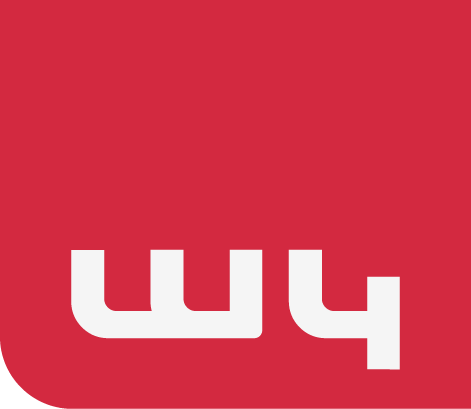
FAQs
What is content marketing simply explained?
Content marketing is suitable for both B2B and B2C companies and has the goal to attract new customers with high-quality content that informs or entertains. In contrast to classical advertising measures, potential customers in content marketing approach the company on their own initiative.
A classic example: a potential customer researches in Google for a solution to his problem and ends up on your company blog, where he or she can find all the necessary information. Based on your expertise, the potential customer builds trust in the company and ideally turns into a real customer.
Why is content marketing so important?
Content Marketing is so important because, unlike classical advertising, customers are convinced from within and therefore build a deeper relationship with the company.
What are the benefits of content marketing?
Content Marketing has a lot of benefits, here are the three most important ones:
- You generate more reach and more visibility.
- You reach exactly your target groups on exactly the channels they use. There is no wastage.
- You bind customers to the company in the long term: once the trust is established, the customer will remain loyal to you.
What are the disadvantages of content marketing?
Content Marketing has two disadvantages:
- Creating content regularly takes a lot of time.
- Content marketing is not a one-time affair, but a long-term one.
It is not something that every company can manage. Outsourcing to professional hands can make sense.
Get professional advice from W4.
For more information click here: SEO Superhero
What is content curation?
Content Curation refers to the preparation and distribution of external content that could be relevant to the company's target group. In the same way that social media likes to share contributions, this happens in a similar way with content curation. Only here, the content is summarized, expanded with own content or commented, so that readers and prospective customers receive added value.
What is a pillar page?
A pillar page is a page on which a topic is presented as an overview. The author does not go into depth thematically, but names the various sub-areas of the topic, e.g. SEO, and links to detailed cluster pages.
Why is a pillar page useful?
The Pillar Page forms the center for a number of other pages, each of which is linked from the Pillar Page and deals with partial aspects of the topic presented on the Pillar Page. The Pillar Page contains general search terms of a topic in high density and, together with the linked sub-pages (Cluster Pages), which have more specific search terms, creates a relevant topic cluster for corresponding search queries. The keyword density has an attractive effect on the Google Search Engine and leads to a better ranking position for search queries on this topic.
What is SEO and how does it work?
Search Engine Optimisation (SEO) is a method of placing online content prominently in organic search engine rankings. The aim is to use certain search terms, so-called keywords, and thus to have one's own content appear as high up as possible in the search results. This means that the better a website is optimised, the better the page will be found by the search engine. In short: you can only achieve a good ranking with good content.
All websites that are indexed on Google, for example, are searched for the keywords they are looking for when a search query is made on Google. A very complex algorithm then calculates which pages are particularly relevant and displays them accordingly high up in the search results.








